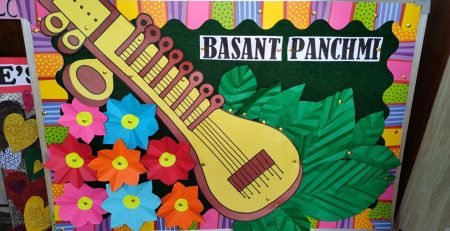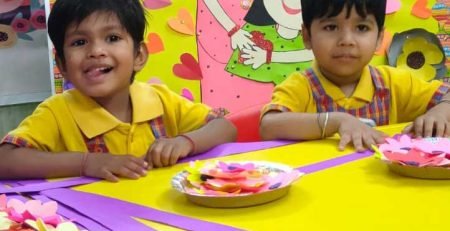Education Filled With Fun & Games
Rule2024-06-06T08:08:27+00:00At Ducklings Play School, the educational experience is designed to be filled with fun and games, ensuring that learning is an enjoyable and engaging process for young children. This approach not only captures children’s natural curiosity and enthusiasm but also fosters a love for learning that can last a lifetime.
Play-Based Learning
The core philosophy at Ducklings Play School is play-based learning, which integrates educational concepts into playful activities. This method recognizes that children learn best when they are actively engaged and enjoying themselves. Through play, children develop critical thinking, problem-solving, and social skills in a natural and stress-free environment.
Interactive Games
Classrooms are equipped with a variety of interactive games that make learning dynamic and exciting. These games cover a range of subjects, including literacy, numeracy, science, and social studies. For example:
- Alphabet Bingo: Helps children recognize letters and sounds in a fun, competitive setting.
- Number Matching Games: Enhance numeracy skills by matching numbers to corresponding quantities.
- Science Exploration Kits: Allow children to conduct simple experiments and learn about the world around them through hands-on activities.
Themed Learning Activities
Themes such as “Under the Sea,” “Space Adventure,” or “Dinosaur Discovery” create a cohesive and immersive learning experience. Each theme includes related stories, art projects, and games that tie into the educational objectives, making learning both relevant and captivating.
Outdoor Play
The well-equipped outdoor play area extends the classroom to the outdoors, where children can learn through physical activity and exploration. Games like scavenger hunts, obstacle courses, and nature walks not only promote physical fitness but also teach observational skills and environmental awareness.
Music and Movement
Music and movement are integral parts of the curriculum at Ducklings Play School. Children participate in activities like dance, sing-alongs, and rhythm games that enhance their auditory and motor skills while providing a joyful outlet for self-expression.
Role-Playing and Dramatic Play
Role-playing games and dramatic play areas allow children to step into different characters and scenarios, which helps them develop empathy, language skills, and creativity. Whether they are pretending to be doctors, chefs, or explorers, these activities encourage imaginative play and social interaction.
Technology Integration
Age-appropriate technology, such as educational apps and interactive whiteboards, is used to supplement traditional learning methods. These digital tools provide a modern twist to games and activities, making subjects like math and reading more engaging through interactive content and immediate feedback.
Group Activities
Group games and activities foster teamwork and collaboration. Children participate in activities like group puzzles, building projects, and team sports, which teach them the importance of cooperation, communication, and mutual respect.




Leave a Reply